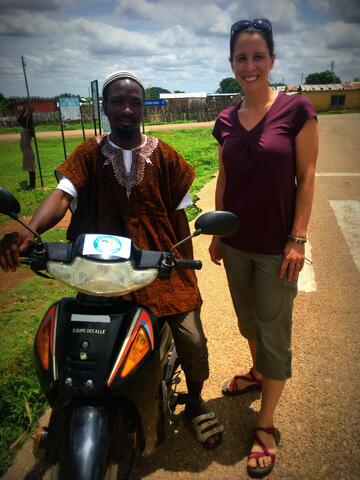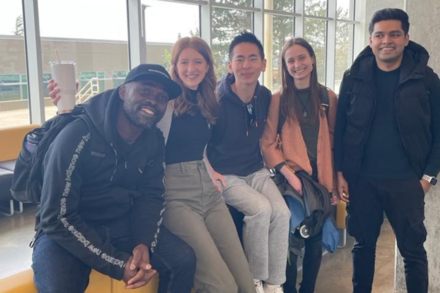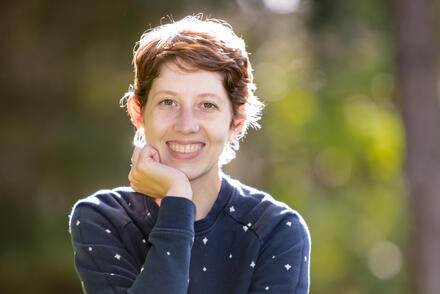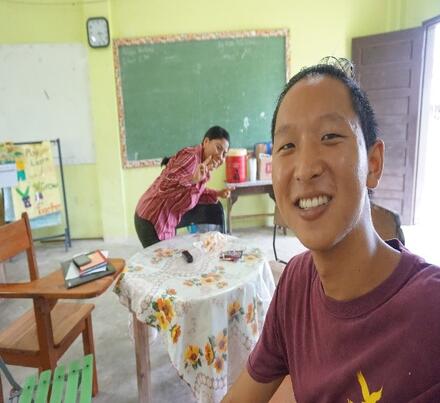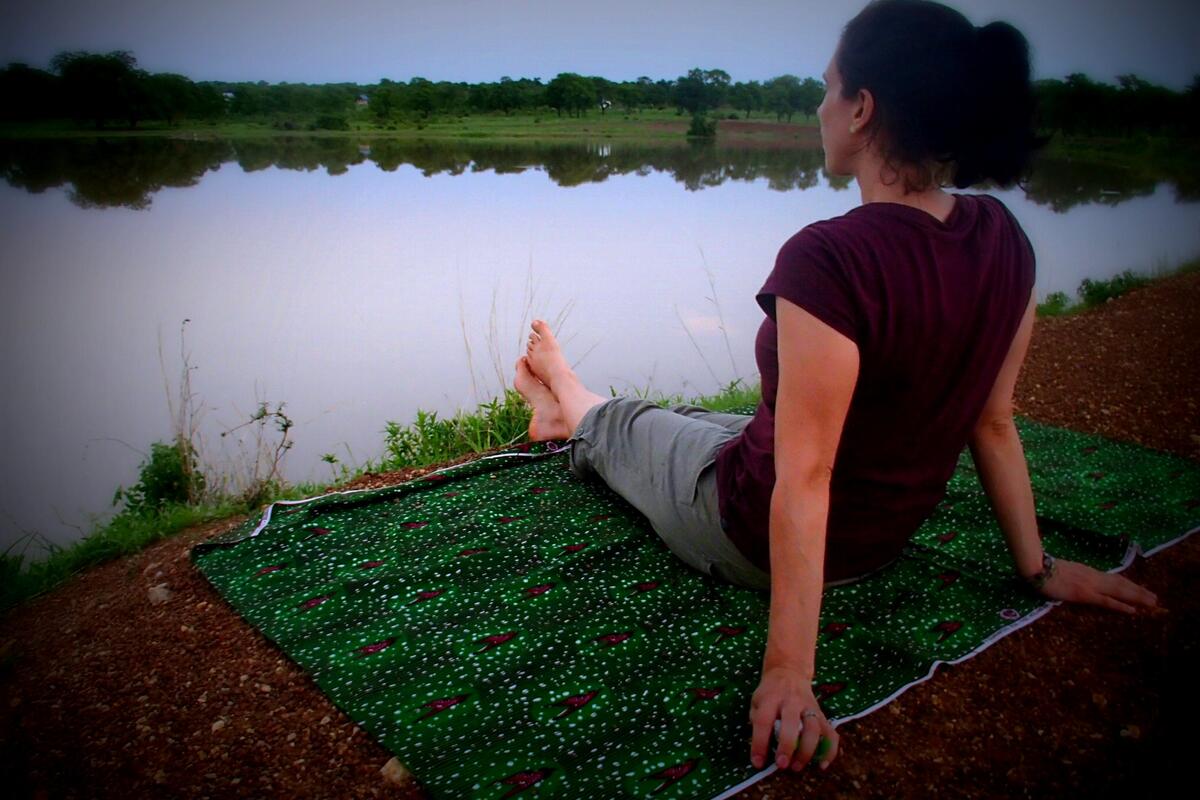
Good morning Nasara!
As I sit on the edge of the dam in Wechiau taking in the cool breeze as the sun sets, I hear children shouting at me in their high-pitched voices from across the dam, “Nasara good morning!” There are around 10 children, and over the entire course of the sun set, they shout my name at least 50 times. Why do I call it my name? Nasara means “white person” in Waale, the local dialect in the Wechiau area. Most children only know the English version of good morning and use it at any time of the day. Even adults refer to me as a Nasara, which they slip in to conversations when talking about me. Most tourists make a quick trip in and out of Wechiau to visit the Wechiau Community Hippo Sanctuary (WHCS), so I am only one of the two white women in town right now.
Residents greet each other all day long with "good morning", "good afternoon", and "good evening". Because Wechiau is a small town, most locals greet each other as they walk through the streets and pass each other’s shops. It is a cultural norm to greet one another, and it is considered rude to pass someone and not greet them. This reputation of being respectful and polite by means of greetings is of high importance in Wechiau.
Greetings are the beginning of respect in Wechiau. Relationships are highly valued, and I have experienced this first hand. My co-workers at the sanctuary make consistent efforts to stop and have a conversation with me rather than just saying a quick greeting. The other day I had my parents on Skype and was showing them the sanctuary office. One of my co-workers approached me with his motorcycle, clearly travelling out of town, yet still stopped to ask me how my day was going. He got to meet my parents on Skype, and this all happened in the middle of the street. For Ghanaians, arriving at your destination on time is less important than nurturing the relationships of people you pass on your way.
During my time at the sanctuary, I have travelled to some of the 17 neighbouring communities that are within the sanctuary Development Zone. The WCHS has strong characteristics of a resilient community, as seen by the relationships between communities which has contributed to the success of the WCHS. It is not surprising that the relationship Building norms of Wechiau extend to relationship Building amongst other communities of different religions and cultural backgrounds.
Ghana is a collectivist culture, meaning that relationships are of upmost importance to an individual. In comparison, Canada is an individualist culture, where the priorities of a single person are more important than that of a community. At home, I would love to have stronger relationships with people in my community, yet because it is of less importance, I often put off visiting friends and getting to know my neighbours. My priority is myself, the deadlines at school and always being on time to show respect to the person I am meeting. By spending time in Ghana, I have realized that it feels good to always be greeted warmly and treated like a priority. Hopefully these greetings become second nature, and when I return to Canada, my community will grow.
- Kristina Vaudry, VIU Bachelor of Tourism Management Student & Queen Elizabeth Scholar

